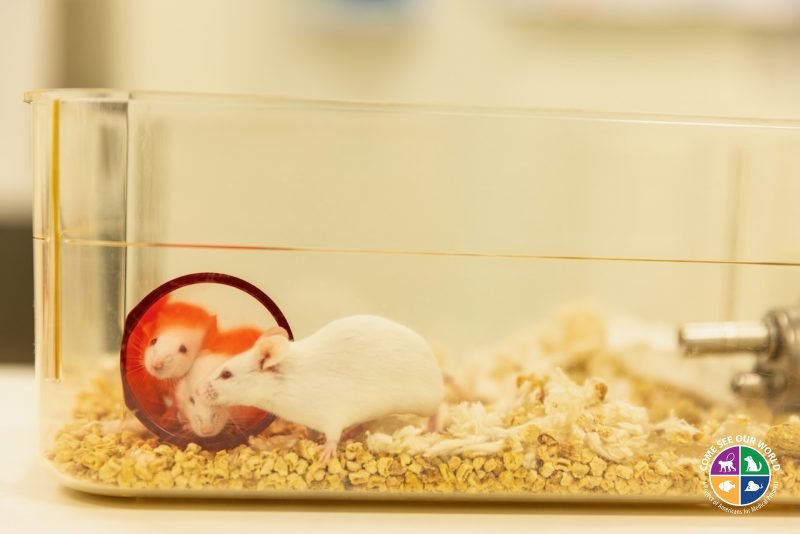Tunnel Time
Mice are social species, like to make nests and hide. Mice in research are housed with other mice and provided with tunnels and nesting material to ensure that they can carry out their natural behaviors. Tunnels can also be used to safely and comfortably pick up the mice.…

